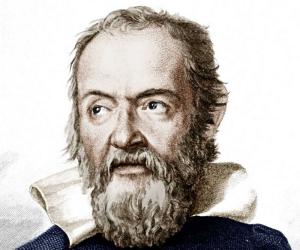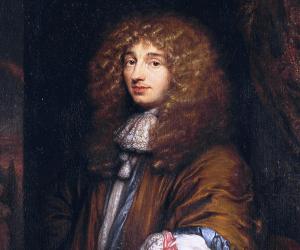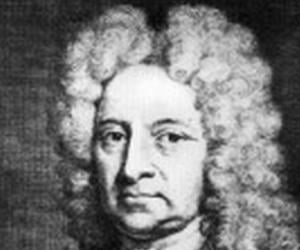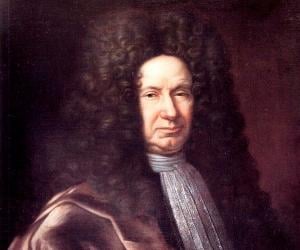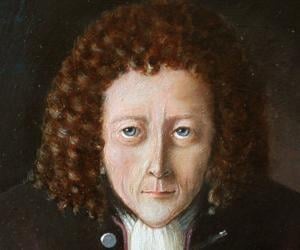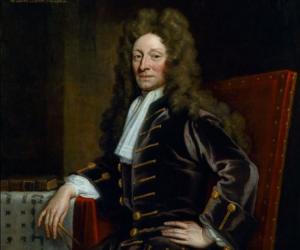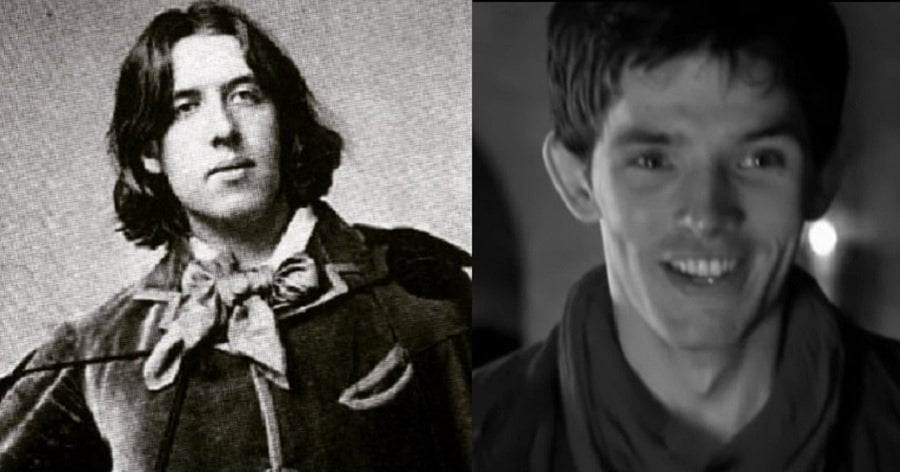An Italian astronomer, engineer, and physicist, Galileo Galilei is widely regarded as the father of observational astronomy, the father of the scientific method, the father of modern physics, and the father of modern science. He is credited with popularizing the telescope, which changed the course of history.
This 17th-century German mathematician, astronomer, and astrologer is remembered for his pathbreaking work on optics. He invented a developed version of the refracting telescope. He also laid down Kepler's laws of planetary motion and wrote Astronomia Nova, Harmonices Mundi, and Epitome Astronomiae Copernicanae.
From proposing the wave theory of light to discovering the actual shape of the rings of Saturn and inventing the pendulum clock, Dutch scientist Christiaan Huygens had contributed a lot to science. Born to a diplomat, Huygens had the privilege of an elite education but remain sickly throughout his life.
Edmond Halley was an English astronomer and mathematician who was mainly concerned with practical applications of science. He abandoned college education to travel to St. Helena. He published catalogue of 341 southern stars with telescopically determined locations. Known for his wide range of interest, he helped Newton to publish his magnum opus, Philosophiæ Naturalis Principia Mathematica. He used Newton's Law of Motion to compute periodicty of Halley’s Comet.
Scientist Robert Hooke, also called England's Leonardo, initially gained recognition as an architect, conducting surveys following the Great Fire of London. He also taught geometry and was part of the Royal Society. He assisted Robert Boyle and eventually developed his own microscope, thus becoming the first to visualize micro-organisms.
Architect Sir Christopher Wren had built over 50 churches in London, the most popular of them being the St. Paul’s Cathedral. He was a major force behind the formation of the Royal Society and was also knighted for his achievements. He was also a member of the English Parliament.
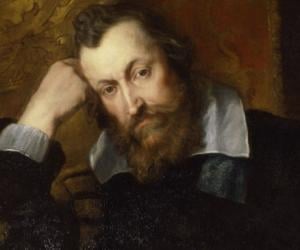
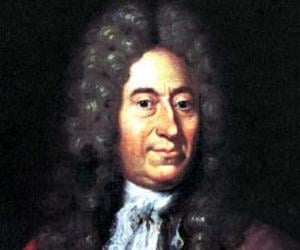
Ole Rømer was a Danish astronomer known for making the first quantitative measurements of the speed of light in 1676. Born into a wealthy family where his interest in mathematics and astronomy were encouraged, he went on to study at the University of Copenhagen. He had a high-profile career and was employed by the French government under King Louis XIV.
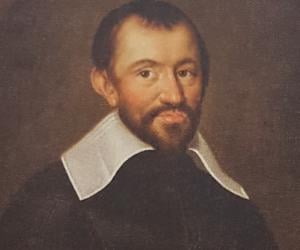
French Catholic priest and astronomer Pierre Gassendi is remembered for his efforts to reconcile atomism with Christian ideals and for his anti-Aristotelianism. His studies included research on Epicurean philosophy. Apart from observing the transit of Mercury, he also studied the speed of sound and horizontal momentum.
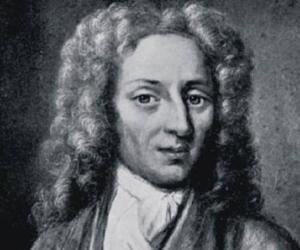
A close associate of Isaac Newton, Swiss mathematician Nicolas Fatio de Duillier, was, according to many, the reason for Newton’s nervous breakdown after they fell apart. He is best remembered for co-discovering the phenomenon of zodiacal light and for inventing the shadow theory of gravitation.
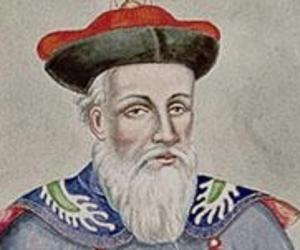
Dutch Jesuit missionary and astronomer Ferdinand Verbiest had a huge influence in China during the reign of the Qing dynasty. Also known as Nan Huairen, he advised the Chinese emperor in significant matters and also worked as a translator and a cartographer. He penned several books and knew many languages.
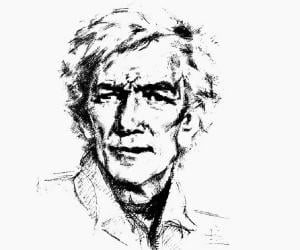
Eusebio Kino was a Tyrolean missionary, explorer, geographer, astronomer, and cartographer. Nicknamed Father Kino for his missionary work, Eusebio worked closely with the indigenous Native American people, including the Sobaipuri, Tohono O'Odham, and other Upper Piman populations, as part of his exploration. He also led an overland expedition in the Baja California Peninsula, proving that it is not an island.
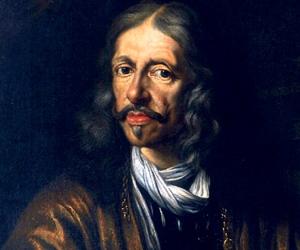
Johannes Hevelius was an astronomer who is credited with describing 10 new constellations; seven of ten constellations described by him are used by astronomers today. He is also referred to as the founder of lunar topography for making a compilation of an atlas of the moon. He is also credited with making a comprehensive catalog of 1,564 stars.
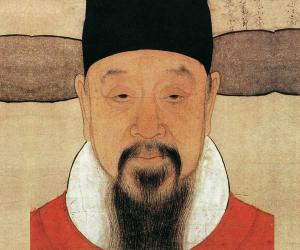
Xu Guangqi, or Paul, was a Chinese official of the Ming dynasty and one of the most prominent Chinese converts before the 20th century. An agronomist, a mathematician, an astronomer, a politician, and an author, he translated many Western works. He was also known as one of the Three Pillars of Chinese Catholicism.
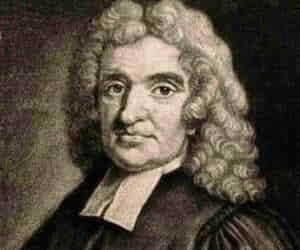
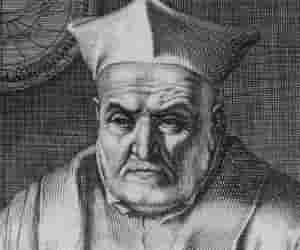
Christopher Clavius was a Jesuit German astronomer and mathematician. Clavius was one of the members of the Vatican commission that gave a green signal to Aloysius Lilius' calendar which came to be known as the Gregorian calendar. He was one of Europe's most respected astronomers; his books were used for over 50 years for astronomical education in and around Europe.

Known for his celestial observations and experiments carried out in Cayenne, Jean Richer was a French astronomer, whose works brought about a revolution in the field of astronomy, helping to determine the distances between Earth and Mars, and between Earth and Sun. In addition, they also established that the Earth is actually an oblate spheroid, not sphere, as was believed.
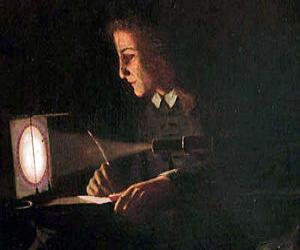
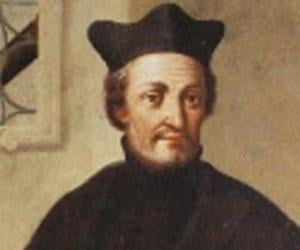
Christoph Scheiner was a Jesuit priest, astronomer, and physicist. He is credited with inventing the pantograph which he demonstrated in Munich after he was invited by Duke William V of Bavaria. Several schools and streets in Germany are named after him. A lunar crater is also named in his honor.
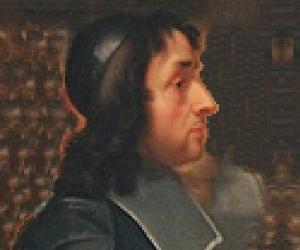
Jean Picard was a 17th-century French astronomer. He is known for being the first person to measure the size of the Earth to a reasonable degree of accuracy. He was also the first to attach a telescope with crosswires to a quadrant. He is credited with developing the standard method for measuring the right ascension of a celestial object.
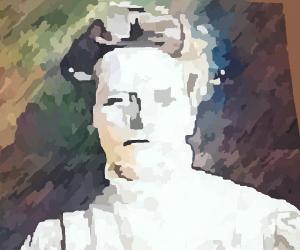
Born to a Lutheran minister, Maria Margaretha Kirch was educated at par with boys of her age, which wasn’t the norm back then. She later became the first woman astronomer to discover a comet. The German astronomer also received accolades such as the Gold Medal of the Royal Academy of Sciences.


Baha' al-din al-'Amili was an Arab Iranian Shia philosopher, Islamic scholar, architect, astronomer, mathematician, and poet who flourished in Safavid Iran during the late 16th and early 17th century. Baha' al-din al-'Amili was one of the first astronomers in the Islamic world to advocate the possibility of the Earth's movement before the outspread of the Copernican theory.
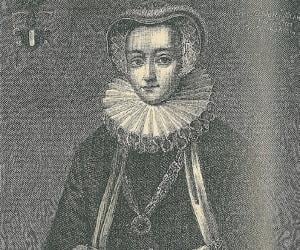
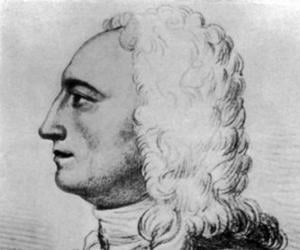
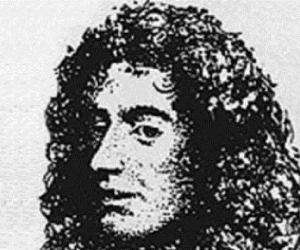
Born to astronomer Giovanni Domenico Cassini, the director of the Paris Conservatory, Jacques Cassini, too, followed in his father’s footsteps. He opposed Sir Isaac Newton’s theory of gravity and released the preliminary tables of the satellites of Saturn. He also helped measure the longitude line between Dunkerque and Perpignan.
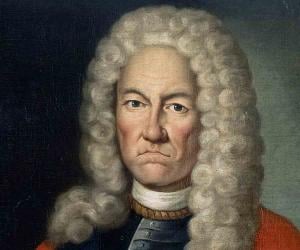
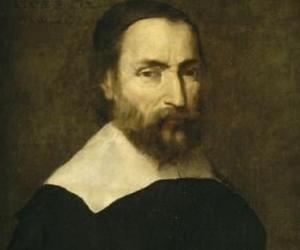
The son of an affluent surgeon from Provence, Nicolas-Claude Fabri de Peiresc grew up to be a famous astronomer, known mostly for his research on longitudes. He is also remembered for discovering the Orion Nebula and owned a huge collection of coins, which he used to study history.

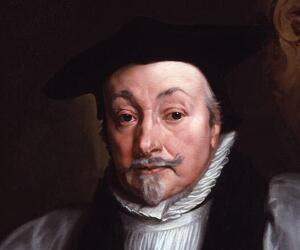
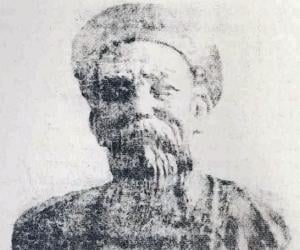
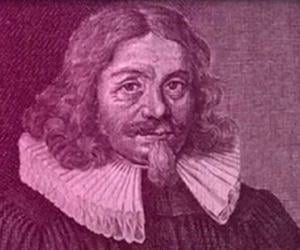
Dutch astronomer Johannes Fabricius is credited with being the first to observe sunspots and to write about them. He also finds mention in Jules Verne's From the Earth to the Moon. Along with his father, astronomer David Fabricius, he used a camera obscura for their celestial explorations.
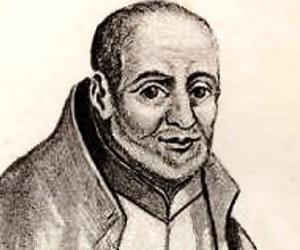
Italian Jesuit, astronomer, and physicist Niccolò Zucchi, who reported spots on Mars, may have been, along with fellow Jesuit Daniello Bartoli, the first who spotted belts on planet Jupiter. Zucchi showed that phosphors generate rather than store light in his book Optica philosophia experimentis et ratione a fundamentis constituta, which includes probably the earliest known elucidation of a reflecting telescope.
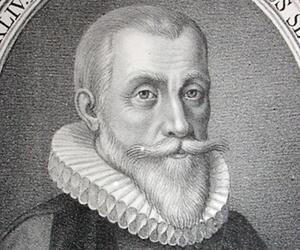
Christen Sørensen Longomontanus was a Danish astronomer best remembered for developing Tycho Brahe's geoheliocentric model of the universe. Brahe's geoheliocentric model, which was also known as the Tychonic system, was widely accepted at that time. Christen Sørensen Longomontanus also published major works in astronomy and mathematics such as Systematis Mathematici and Disputatio de Eclipsibus.



Giuseppe Campani was an Italian optician and astronomer. He was a highly proficient maker of optical instruments and was counted amongst the best in his profession in his time. He made several long-focus lenses for the astronomer Giovanni Domenico Cassini on the orders of King Louis XIV of France. As an astronomer, Campani made many observations himself.
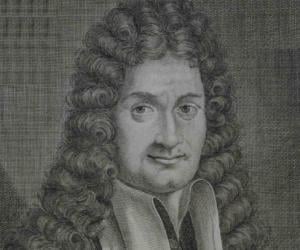
Domenico Guglielmini is regarded as the pioneer of the Italian school of hydraulics, though he initially worked on astronomy. Apart from being a professor of hydrometry and mathematics, he was also a part-time physician, but eventually quit his research on hydraulics to focus on medicine full-time.



